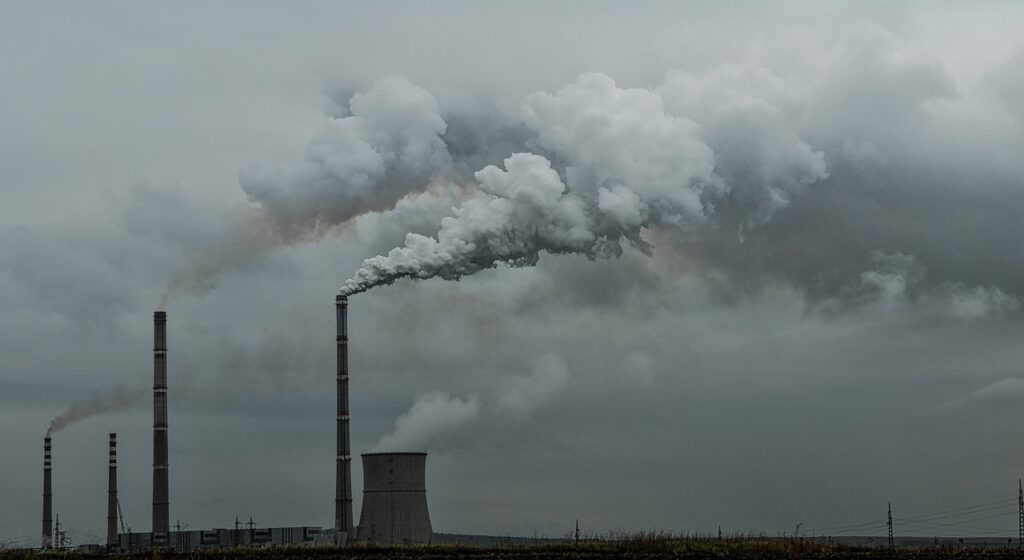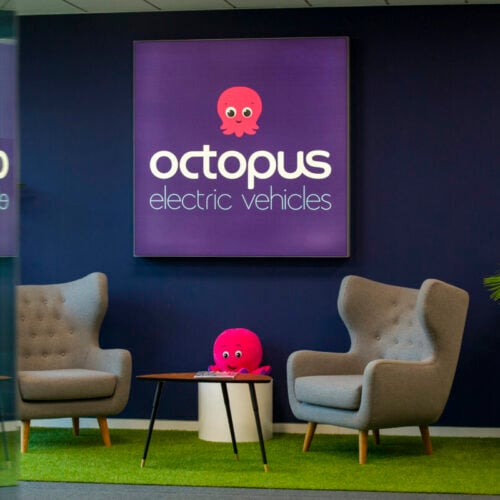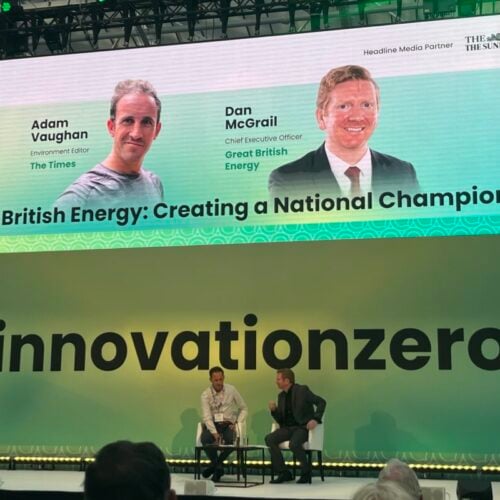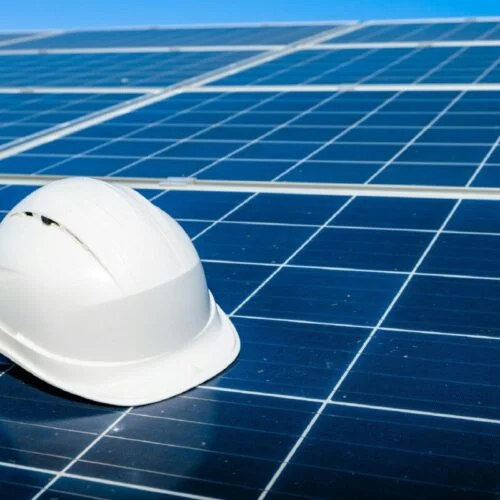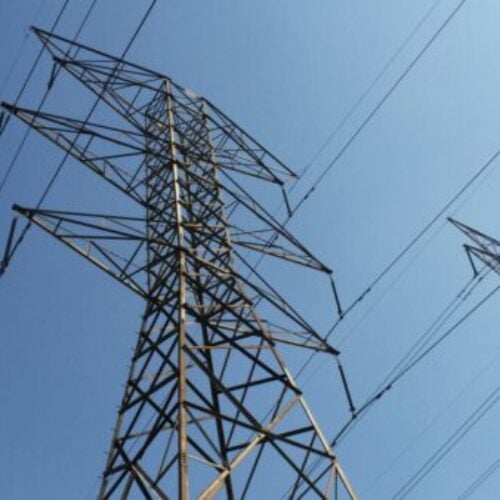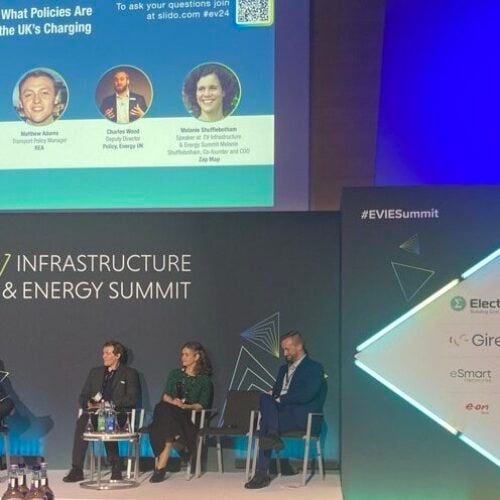The Solar Trade Association (STA) has released its reaction to Ofgem’s Decarbonisation Programme Action Plan, criticising “gaps” and providing ten recommendations.
In its response, the STA highlighted the regulatory instability caused by reforms such as the Targeted Charging Review (TCR) and the insufficient recognition for the challenges involved in gaining a grid connection for onshore renewables.
The plan is not sufficiently clear, the STA continued, and should have a longer term focus, stating “an 18-month framework is insufficient to provide the overarching, holistic approach toward decarbonisation that is needed”.
Predominantly, the plan is lacking in incentives for decentralised renewable energy technologies such as solar and energy storage. The STA recommended that Ofgem ensures that all renewable technologies and sources of low carbon flexibility are fairly and adequately supported, and sufficiently incentivised through the next network price controls and regulatory framework.
Other recommendations call on the government to provide Ofgem with an updated and clear Statement of Policy and Strategy in line with net zero.
A change of Ofgem’s remit to put decarbonisation at the heart has been suggested by several industry players, including the National Infrastructure Commission and the Energy and Climate Intelligence Unit, as well as SSEN, with chief executive Alistair Phillips-Davies saying Ofgem should “be empowered to do more by having net zero built into its core remit”.
The STA is calling on Ofgem to endeavour to align reform processes where possible, citing other policy where this has not happened such as the TCR and Access and Forward-Looking Charges SCR. Not having these aligned has harmed subsidy-free solar through insecurity said the association.
It continues to recommend Ofgem to use modelling, facilitate innovative regulation and to enable continued commercial operation of existing renewable assets connected to the grid, as well as those receiving subsidies like Renewable Obligation Certificates and feed-in tariffs through “ensuring a fair, transparent and prompt audit process”.
The regulator also needs to lay out how the progress of the Decarbonisation Programme will be tracked and monitored, ensuring there is an opportunity for feedback.
Finally, the STA encourages Ofgem to work with the Department of Business, Energy and Industrial Strategy (BEIS) to develop a follow up to the Renewable Heat Incentive (RHI) that allows solar heat and power generation to scale.
STA policy manager Cameron Witten said that whilst the regulator has begun to “scratch the surface” of how to support the transition to net zero, there remains omissions, specifically relating to renewables and energy storage sectors.
“It is essential that Ofgem carefully considers how it will evolve Britain’s power networks to ensure solar and other decentralised low-carbon technologies can fulfill their part in decarbonising the energy sector, by tackling significant barriers, including grid connection difficulties, generation constraints and disproportionate network charging.”
The Decarbonisation Programme Action Plan was released by Ofgem earlier in February, and contains nine points focused on supporting the expansion of electric vehicles, creating a more flexible grid and addressing greenwashing.
The plan was broadly welcomed by the industry, with Keith Anderson, the chief executive of ScottishPower calling it a “game-changer” and Audrey Gallacher, interim chief executive, Energy UK calling it “encouraging”, although she warned that “the devil is in the detail and it will now be crucial that government, the industry and the regulator work together to deliver the actions in practice”.
